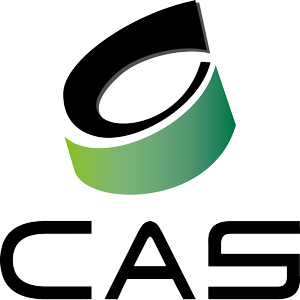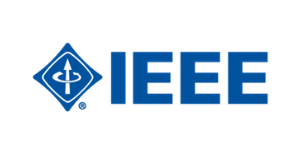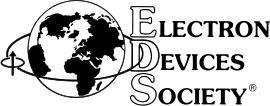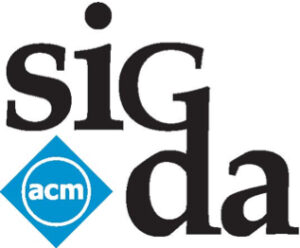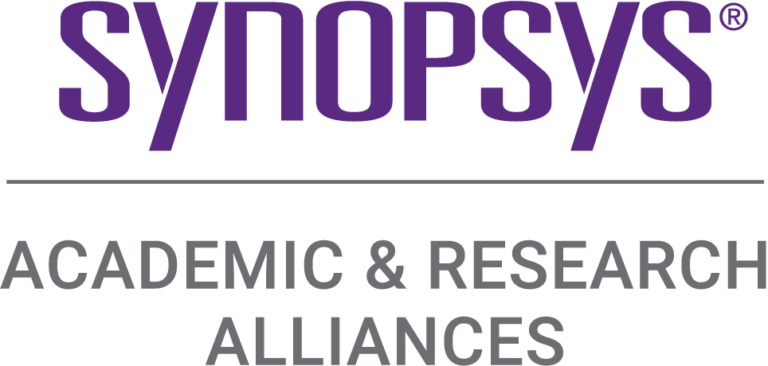CEDA enables the exchange of technical information by means of publications, conferences, workshops, and volunteer activities.
As an organizational unit (OU) of IEEE, CEDA has seven member societies, namely: Antennas and Propagation, Circuits and Systems, Computer, Electron Devices, Electronics Packaging, Microwave Theory &Techniques, and Solid-State Circuits Societies.
View IEEE Privacy Policy
The IEEE Circuits and Systems Society (CASS) believes that the Grand Engineering Challenges of the 21st century can only be addressed in an inter-disciplinary and cross-disciplinary manner. The Society's unique and profound expertise in Circuits, Systems, Signals, Modeling, Analysis, and Design can have a decisive impact on important issues such as Sustainable Energy, Bio-Health, Green Information Technology, Nano-Technology, and Scalable Information Technology Systems. Our mission is to foster CASS members across disciplines to address humanity's grand challenges by conceiving and pioneering solutions to fundamental and applied problems in circuits and systems.
SIGDA is committed to advancing the skills and knowledge of electronic design automation professionals and students throughout the world. We do so in a variety of ways: sponsoring and organizing international workshops, symposia and conferences; leading the way in capturing archival electronic design automation publications on CD-ROM; providing travel grants to sponsored workshops, symposia and conferences; pioneering the maintenance and distribution of electronic design automation benchmarks; hosting university and government researchers for software demonstrations at the University Booth at DAC and ICCAD; publishing the SIGDA Newsletter; maintaining a World Wide Web access site on Internet; and by initiating the new ACM Transactions on Design Automation of Electronic Systems.
View ACM Privacy Policy.
View Policy Against Harassment at ACM Activities



